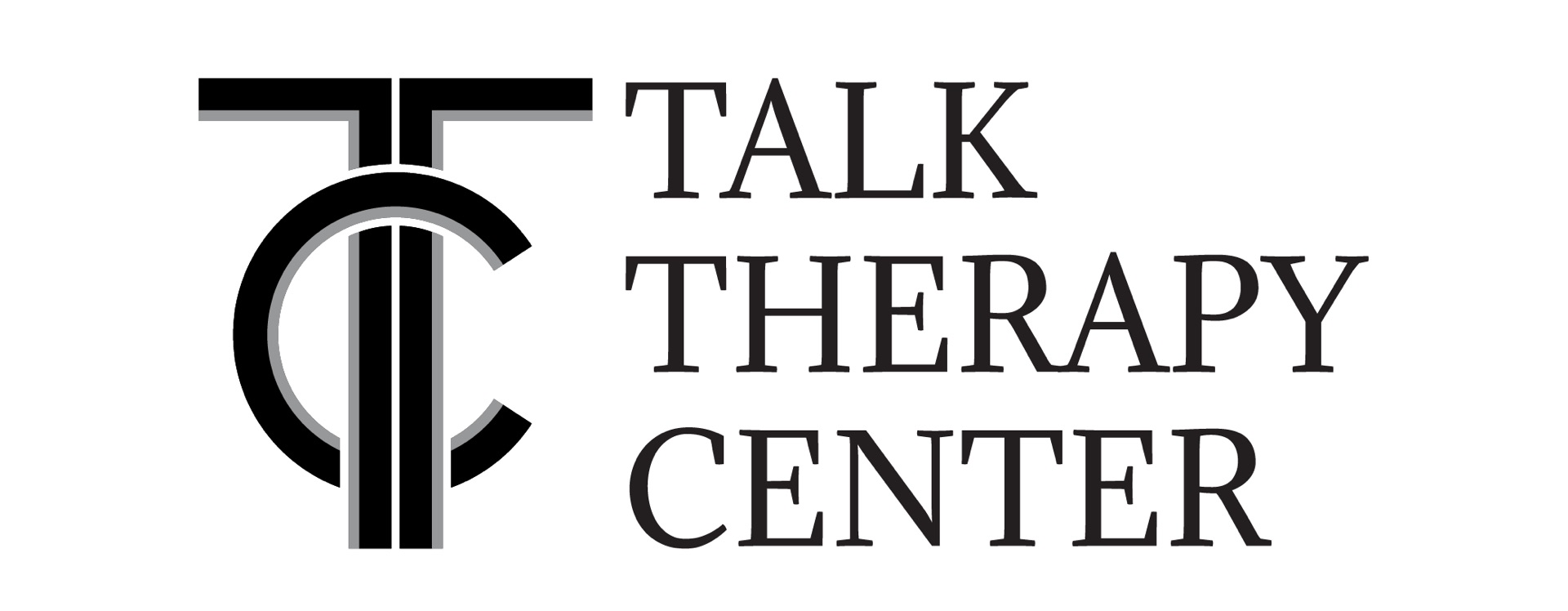Do You Suffer From Embarrassment?

Embarrassment is often a painful emotion to sit with. While some people enjoy the attention that embarrassment can bring, most spend their lives trying to avoid the experience of embarrassment at all cost. Embarrassment is an emotion that can have a vastly different experience if we shift the way we think about it.
“Embarrassment is the compass that steers the ship, not the torpedo that sinks it.”
If we think of embarrassment in this light, we might understand that embarrassment is related to depression. Depression is the body’s notification that we are moving away from connection and belonging. Embarrassment, on the other hand, is the body’s notification that we have made a sudden move away from connection and belonging. With this understanding, we can see that despite the sudden and intense discomfort felt throughout our body, embarrassment is just a message.
As a therapist, I work with clients to identify the “thought distortions” related to embarrassment. The first distortion is what I’ve just listed. The other distortions are related to thoughts of “I’m alone”, “I’m the only one who has gone through this”, or “I’m going to lose the people who care about me if they knew this.” These distortions, when corrected, can bring relief to current or past embarrassment.
If we can decrease the intensity of current or past embarrassment, then we can notice embarrassment’s control over us diminishes. With a decreased response to embarrassment, we can open up our options to decisions we want to make in life. Imagine if you had the option to give a presentation but weren’t mortified of potential embarrassment. Once we open the barriers that blocked us from experiencing our life fully, we get more opportunities for success.


